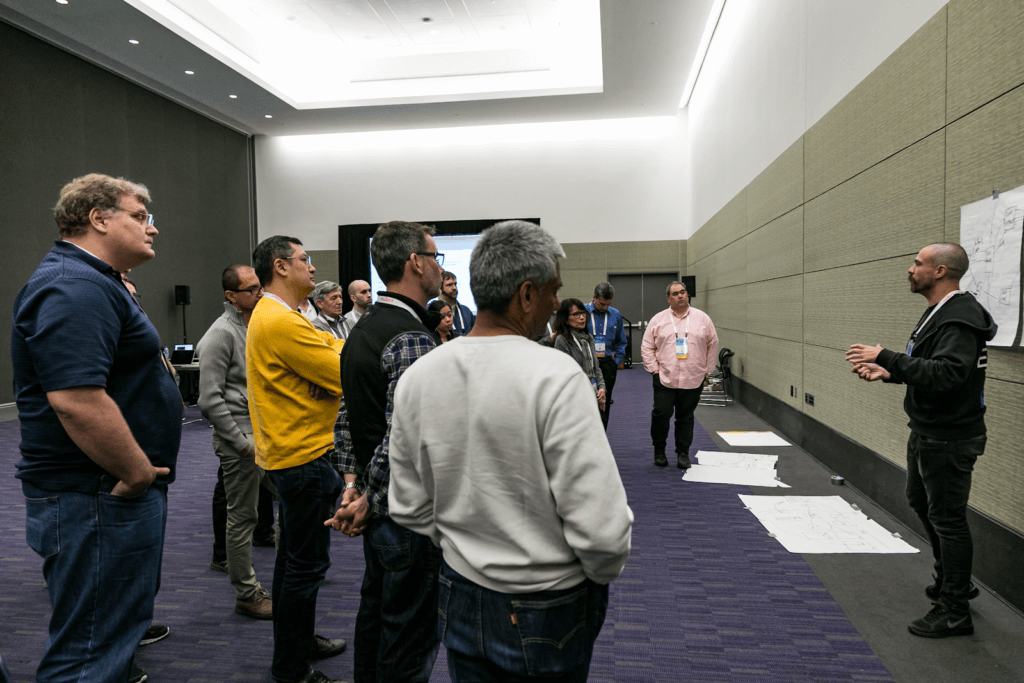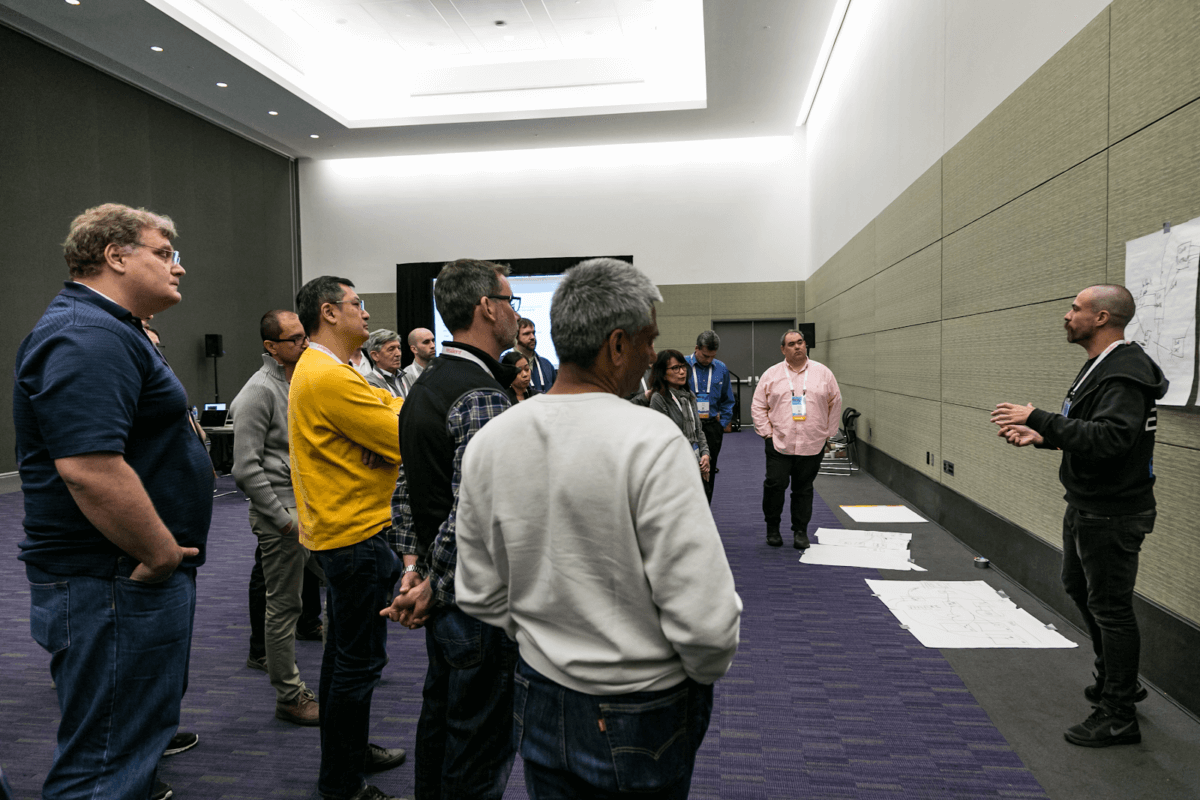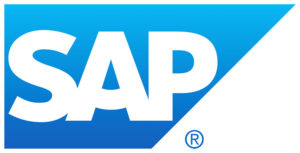On Tuesday, October 9th, Day Zero of the Cloud Foundry Summit in Basel, EngineerBetter and SUSE will be delivering a training course to educate Cloud Foundry users on exactly what Kubernetes is, how it differs from Cloud Foundry, what the two technologies have in common, and how you can deploy Cloud Foundry on Kubernetes. It’s going to be an exciting peek at the future.
IT decision makers looking at the cloud productivity marketplace have a lot of questions: Why should I use Kubernetes? Who is Kubernetes for? How do I pick which things to run on Cloud Foundry, and which to run on Kubernetes?
It’s not surprising that they are faced with such quandaries. Cloud Foundry and Kubernetes do similar things – they both run code in containers. Also, BOSH and Kubernetes achieve very similar goals by merit of sharing DNA with Google’s Borg. To make matters even more confusing, you can deploy Cloud Foundry on Kubernetes using BOSH, you can deploy Cloud Foundry on Kubernetes using Helm, and you can deploy Kubernetes alongside Cloud Foundry as the CF Container Runtime.
To answer all these questions and more, SUSE and EngineerBetter have collaborated on a training course aimed at helping Cloud Foundry users understand Kubernetes, its strengths and weaknesses, and why running Cloud Foundry on Kubernetes could be the best of both worlds.
As with all EngineerBetter’s training material, the course is heavily hands-on. Students will learn by doing, completing exercises that require problem-solving and not just copy/pasting. We take students through common tasks, such as deploying, debugging and scaling apps, creating service instances, and configuring HTTP ingress.
The climax of the course is looking at a real-world distributed system deployed on Kubernetes with Helm: SUSE Cloud Foundry! Using something with which the students are familiar, we look at what a non-trivial deployment looks like, and even deploy an app to Cloud Foundry running on Kubernetes.
After each module of slides and a practical exercise, the class gathers around a whiteboard for an interactive recap session, where our instructors draw up exactly what just happened in the lab, and all the internal components of Kubernetes that were used. Time and again our customers have told us that this approach really helps them cement an accurate mental model of the subject matter.
 As I write this, I’m on-site with customers who primarily use Kubernetes. They will soon be deploying Cloud Foundry to their Kubernetes cluster, and during the training that I delivered one of them remarked: “My, it’s much easier to get apps running on Cloud Foundry [than Kubernetes].”
As I write this, I’m on-site with customers who primarily use Kubernetes. They will soon be deploying Cloud Foundry to their Kubernetes cluster, and during the training that I delivered one of them remarked: “My, it’s much easier to get apps running on Cloud Foundry [than Kubernetes].”
This is an accurate observation, and our course will give people first-hand experience of why. By experiencing Kubernetes themselves, students will come away with a much better understanding of why Kubernetes is more akin to BOSH and suited to operators, and why Cloud Foundry continues to serve developers who just want to get code running.
The training runs from 10 AM to 4 PM on Tuesday, October 9th. See you at Cloud Foundry Summit in Basel! (Don’t forget to register!) Contact brent.smithurst@suse.com for a discount code.




![Bringing Cloud Foundry to You… [Reblog]](https://www.cloudfoundry.org/wp-content/uploads/2017/01/cloud-foundry-blog-image-300x167.gif)